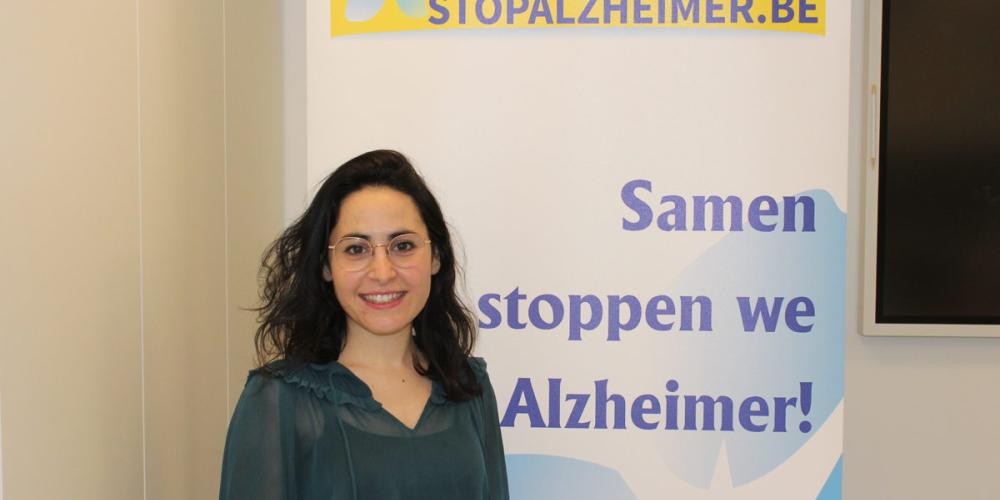
Researcher returns from US with state-of-the-art knowledge
Thursday 20 January 2022 - VUB scientist Gamze Ates has been awarded €100,000 for research into Alzheimer’s disease. She is investigating whether the decline of energy production in the brains of Alzheimer’s patients, which leads to a decline in brain function, can be counteracted. The grant comes from Belgium’s Alzheimer Research Foundation, which funds promising studies each year.
Ates originally trained as a pharmacist in Brussels. Fascinated by the ageing process of the brain and more specifically by Alzheimer’s, after obtaining her doctorate in in vitro toxicology she went to the Salk Institute for Biological Studies in San Diego to research new targets and drugs for the condition. She returned to Belgium with newly acquired state-of-the-art knowledge and is now carrying out research at VUB in Professor Ann Massie’s Neuro-Aging & Viro-Immunotherapy laboratory.
Professor Massie’s team investigates the function of the cystine/glutamate antiporter system xc- in healthy and diseased brains. Through the export of glutamate, this system xc- can exert a modulating effect on synaptic communication in the brain. Recently obtained direct and indirect evidence suggests that the absence of system xc- may have positive effects on cell metabolism in the ageing mouse brain.
With her proposed experiments, Ates wants to demonstrate whether and how manipulation of system xc- can ensure that mitochondria – the energy factories of the cell, which play a key role in regulating cell metabolism – can remain healthy in an Alzheimer’s model. Malfunctioning of mitochondria gives rise to energy failure, which prevents cells, including in the brain, from functioning efficiently. Research shows that this energy failure contributes to the clinical picture in Alzheimer’s patients. If it can be demonstrated that the absence of system xc- does indeed benefit the health of the mitochondria in an Alzheimer’s model, this will bring us one step closer to understanding and therefore fighting this disease.